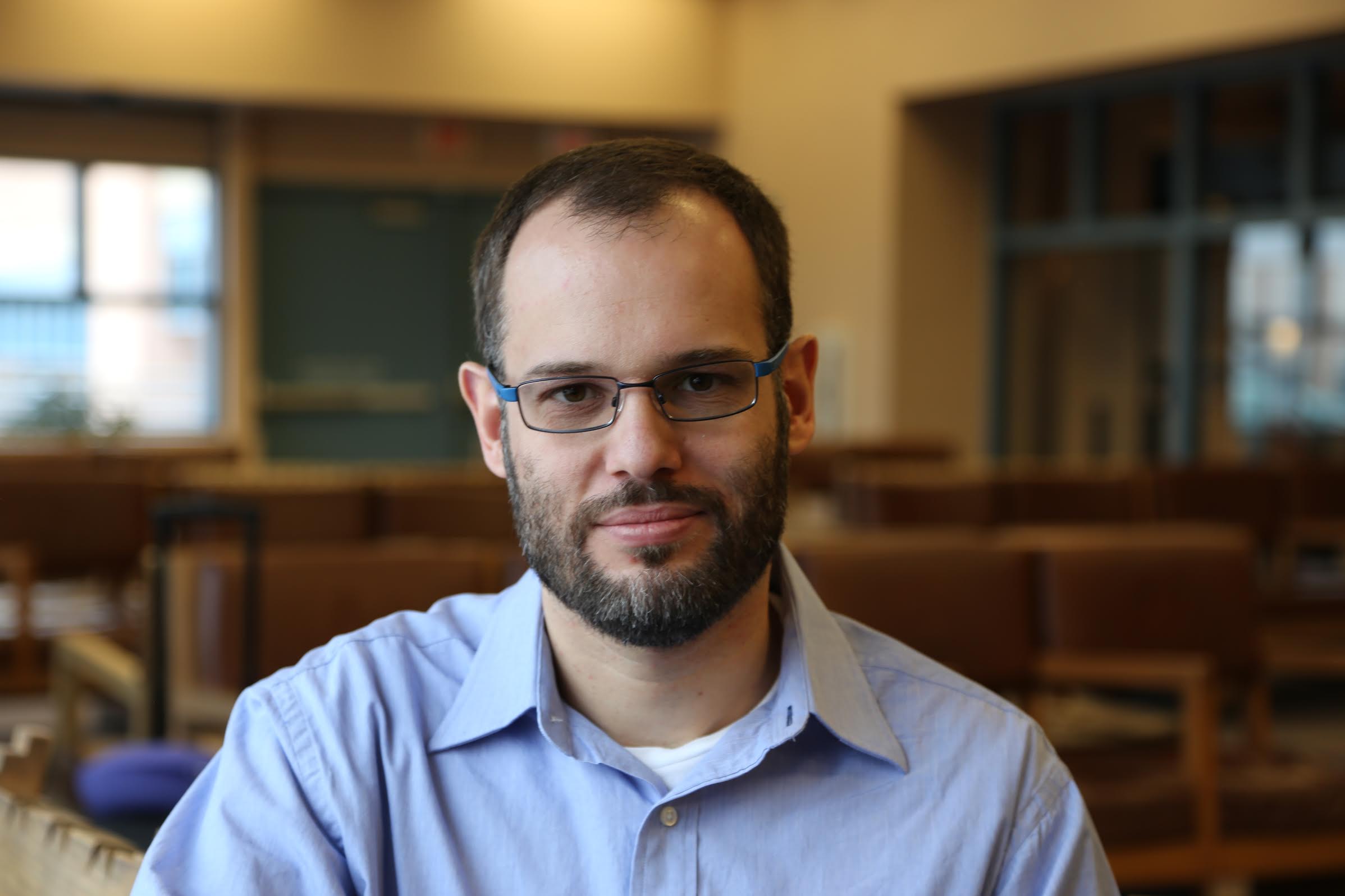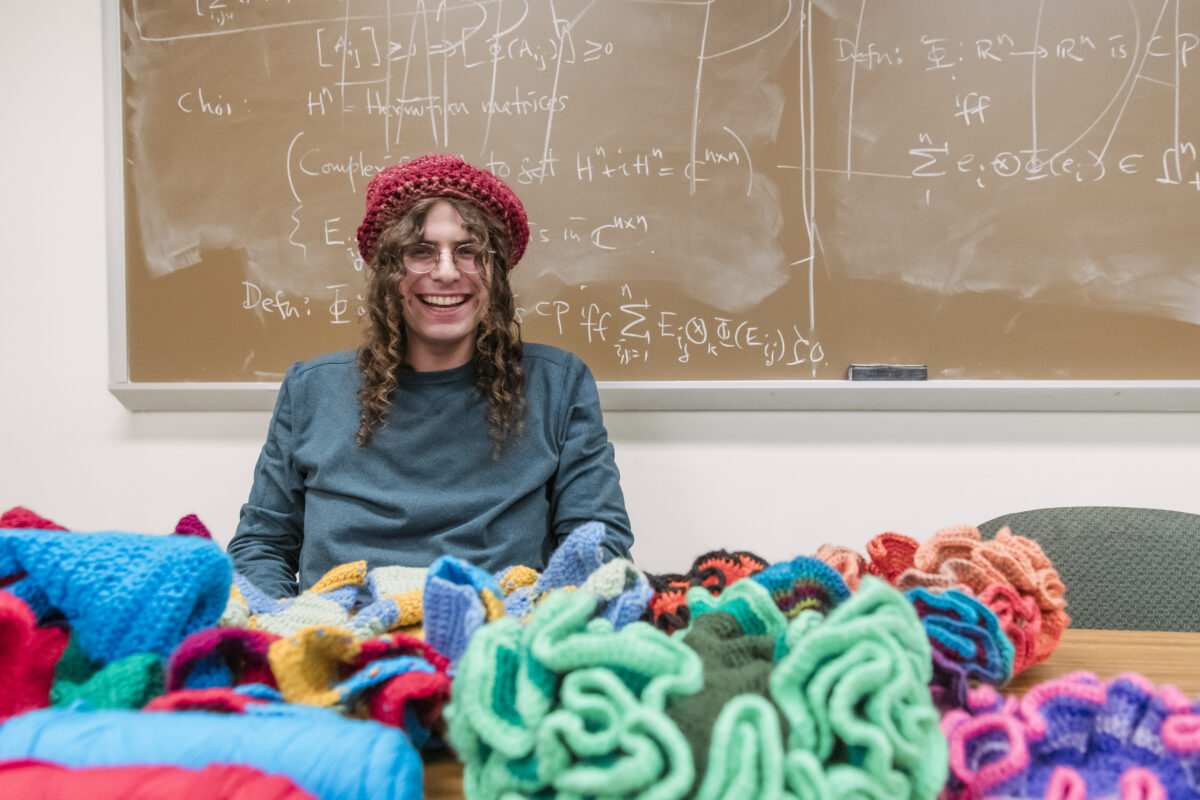Even computers make mistakes. In classical computers, tens of thousands of atoms are involved in each computation, so the system can tolerate a few mistakes and still give correct output. But in quantum computers, information is stored in single electrons, leaving no room for error.
Special techniques now allow quantum systems to operate quickly and free of errors, but speed comes at a cost. Sebastian Deffner, assistant professor of physics at UMBC, and colleague Steve Campbell, postdoctoral fellow at the National Institute of Nuclear Physics in Italy, have coauthored a study calculating that cost for the first time.
Theory suggests the tantalizing idea that using these techniques results in error-free, incredibly fast computing with no additional energy input. In practice, though, Deffner and Campbell found a correlation between a quantum process’ speed and its energy requirements. In other words, explains Deffner, “If you want to go infinitely fast, you have to pay an infinite price.”
The tradeoff between speed and accuracy in computing is why researchers have developed shortcut techniques that allow quantum systems to operate more quickly and still be reliable. But Deffner and Campbell’s work suggests there is a limit to how fast a quantum system can actually go.
“There’s this notion of ‘quantum supremacy,’ which means that quantum computers are exponentially more powerful than classical computers,” explains Deffner. “Well, if you have to operate these quantum computers infinitely slowly to avoid errors, they’re totally useless. This is where these quantum speed limits come into play.”
The “quantum speed limit” dictates the minimum time it takes for a bit of information in a quantum system to transform from one state to another. That time can be very brief, but never zero. As a result, “I don’t think you can universally say that quantum computers will be faster than classical computers,” says Deffner. Because of the quantum speed limit, classical computers may always be faster for certain applications.
While theorists may not be so concerned about the energy costs of quantum computation, understanding costs is critical for researchers working to develop real-world applications like engines made of single atoms. If a system requires a huge amount of energy to run quickly and also accurately, explains Campbell, “then your engine is useless because you’re putting more energy in than you’re getting out.”
With this finding, “There are many interesting problems that we now can attack,” says Deffner. This paper focused on one of several shortcut techniques, but future work could look at the others. He explains that more research could “give experimentalists a guideline: For this process, you might want to use this technique, but for another, you might want to use something else” for greatest efficiency.
In addition to contributing to the quest for optimal quantum computing, “none of these concepts are restricted to quantum technologies,” Deffner says. “These shortcuts are something that we can also imagine in a biological system.” After all, most biological processes are facilitated by enzymes, proteins that speed up chemical reactions that otherwise would occur too slowly to be useful.
While it’s still conjecture at this point, Campbell says, “There’s an obvious analogy” when you look at living organisms. Follow-up research could help solve a longstanding mystery. As Campbell puts it, “How does a biological system manage to do it, when we can’t in the lab with all of our fancy technology? There must be something there.”
Image: Sebastian Deffner, courtesy Sebastian Deffner.




